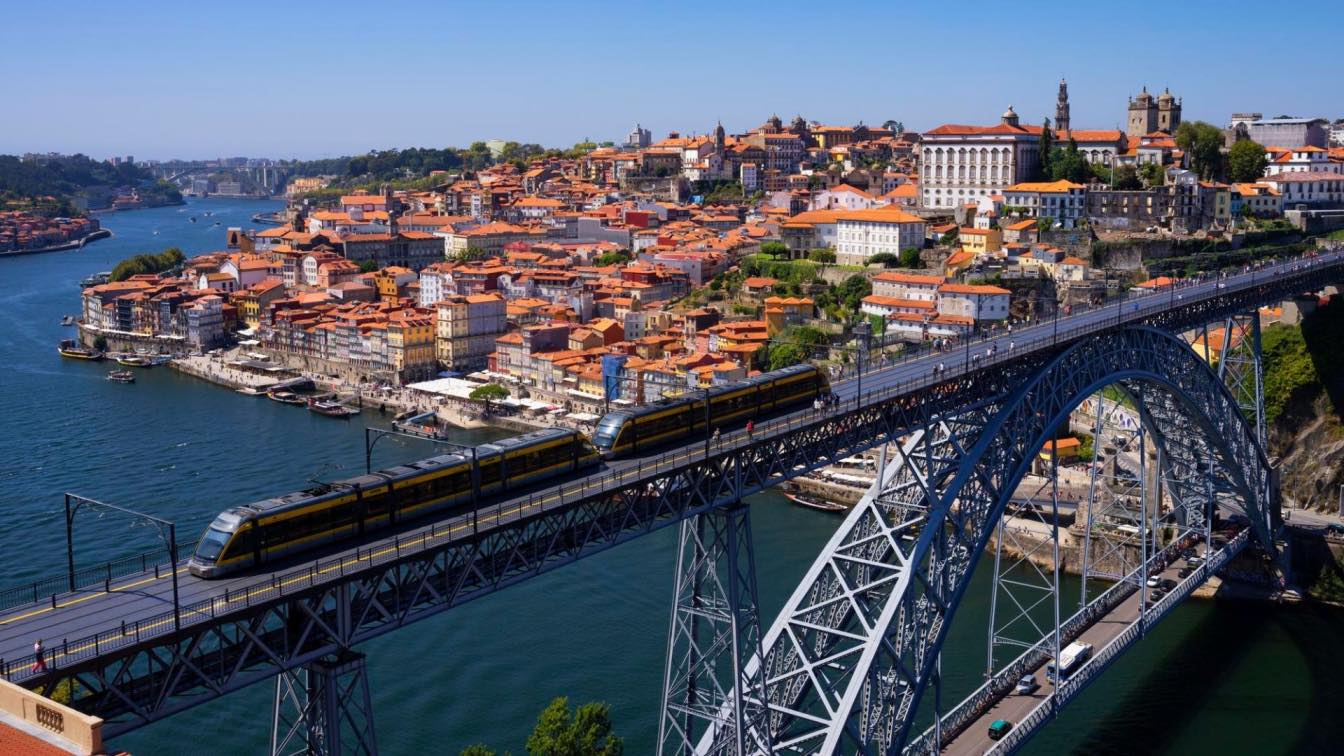Portugal, a country renowned for its rich history, picturesque landscapes, and delectable cuisine, offers more than just a visual treat. For those considering relocation, the allure of Portugal lies not just in its scenic beauty but in its vibrant local festivities and deep-rooted traditions. As you contemplate making Portugal your new home, let's embark on a journey that delves into the heart of Portuguese culture. And for those considering the Portugal golden visa program, or exploring other golden visa programs, understanding these traditions can be a gateway to truly immersing oneself in the Portuguese way of life.
1. The Essence of Portuguese Festivities:
Portugal's calendar is dotted with festivals, each echoing the nation's rich tapestry of history and culture. From the lively Carnival of Torres to the serene Holy Week in Braga, Portuguese festivities are a blend of jubilation and reverence. These events, deeply embedded in local traditions, offer a unique insight into the Portuguese spirit. For newcomers, participating in these festivities can be a transformative experience, bridging the gap between being an outsider and becoming a part of the local community.
2. Fado: The Soulful Melodies of Portugal:
No exploration of Portuguese culture is complete without mentioning Fado. This traditional music genre, recognized by UNESCO as an Intangible Cultural Heritage, encapsulates the Portuguese soul. Fado performances, often held in intimate settings known as "Fado Houses," are characterized by melancholic tunes and poignant lyrics. They narrate tales of love, longing, and nostalgia. For those relocating to Portugal, understanding and appreciating Fado can serve as a window into the Portuguese psyche.
3. Gastronomic Delights and Traditions:
Portuguese cuisine is a testament to the nation's rich maritime history and its confluence of cultures. From the famed Bacalhau (salt cod) dishes to the delectable Pastéis de Nata (custard tarts), Portuguese food is a delightful blend of flavors and traditions. Moreover, the act of sharing meals, especially during festivals, is a cherished tradition. For instance, the "Festa de São João" in Porto is incomplete without grilled sardines shared among friends and family. Embracing these culinary traditions can be a delightful way for expatriates to integrate into Portuguese society.
4. The Vibrancy of Portuguese Folk Dance:
Dance, in Portugal, is not just a form of entertainment; it's a reflection of the nation's soul. Traditional folk dances like the "Rancho Folclórico" and "Pauliteiros de Miranda" are more than mere performances; they are narratives of Portugal's diverse regions and their histories. Each dance, with its unique rhythm and costume, tells a story of its origin. For those relocating, joining a local dance troupe or simply being a spectator can offer a profound connection to the land and its people.
5. Portugal's Architectural Marvels: A Testament to Time:
The architectural landscape of Portugal is a visual journey through its tumultuous yet glorious past. From the Roman ruins in Conímbriga to the Manueline-style monasteries in Lisbon, every brick and stone whispers tales of yore. The intricate azulejos (ceramic tiles) that adorn many buildings are not just decorative elements; they narrate stories from the Bible, history, and daily life. For someone considering relocation, living amidst these architectural wonders can be like residing in a living museum, where every corner has a story to tell.
6. The Significance of Family and Community:
In Portugal, family is the cornerstone of society. Festivals, many of which are religious, often revolve around family gatherings. The "Festa dos Tabuleiros" in Tomar, where young women carry trays of bread and flowers on their heads, is a celebration of the Holy Spirit and community. Such events underscore the importance of community bonding in Portuguese culture. For expatriates, understanding this familial and communal fabric can be the key to a seamless integration into Portuguese life.
7. The Magic of Portuguese Handicrafts:
Handicrafts in Portugal are not just souvenirs; they are tangible pieces of the country's heritage. From the intricate embroidery of Madeira to the hand-painted azulejos, each craft is a labor of love, passed down through generations. The Alentejo region, for instance, is renowned for its cork products, reflecting Portugal's status as the world's largest cork producer. For those relocating, collecting these handicrafts can be a way to hold onto the essence of Portugal, even when far from home.
8. Portugal's Wine Tradition: A Toast to Life:
Portugal's wine regions, from the terraced vineyards of Douro Valley to the coastal plains of Vinho Verde, produce some of the world's finest wines. The tradition of winemaking, deeply rooted in the country's history, is a celebration of life itself. The annual grape harvest and wine festivals are not just about producing wine; they are communal events, bringing together families and neighbors. For newcomers, participating in a wine tasting tour can be an initiation into this cherished tradition.
9. The Lure of the Portuguese Coastline:
Portugal's extensive coastline, stretching from the rugged cliffs of Algarve to the serene beaches of Cascais, has been a magnet for explorers and settlers alike. The maritime traditions, from the age of discoveries to the present-day fishing festivals, are a testament to Portugal's deep connection with the sea. The "Festa de São Pedro," celebrated in coastal towns, honors the patron saint of fishermen. For those considering relocation, living by the Portuguese coast can offer a harmonious blend of tradition and modernity.
10. The Spiritual Journey: Portugal's Religious Festivals:
Religion in Portugal is not just a matter of faith; it's a way of life. The annual pilgrimage to the Sanctuary of Our Lady of Fátima is a spiritual journey for thousands. Similarly, the "Festa de Santo António" in Lisbon is a blend of religious reverence and communal celebration. These festivals, with their processions and rituals, offer a glimpse into the spiritual fabric of Portuguese society.
Conclusion:
Portugal, with its vibrant festivities, deep-rooted traditions, and warm-hearted people, offers a mosaic of experiences for those willing to delve beyond the surface. Whether you're a traveler seeking authentic experiences or contemplating relocation through programs like the Portugal golden visa program, immersing in the Portuguese way of life can be both enriching and transformative. As the sun sets over the Douro Valley, casting a golden hue over the terraced vineyards, one can't help but feel a deep connection with this land, its people, and its traditions. Portugal, in its true essence, is not just a destination; it's a feeling, an emotion, a home.





